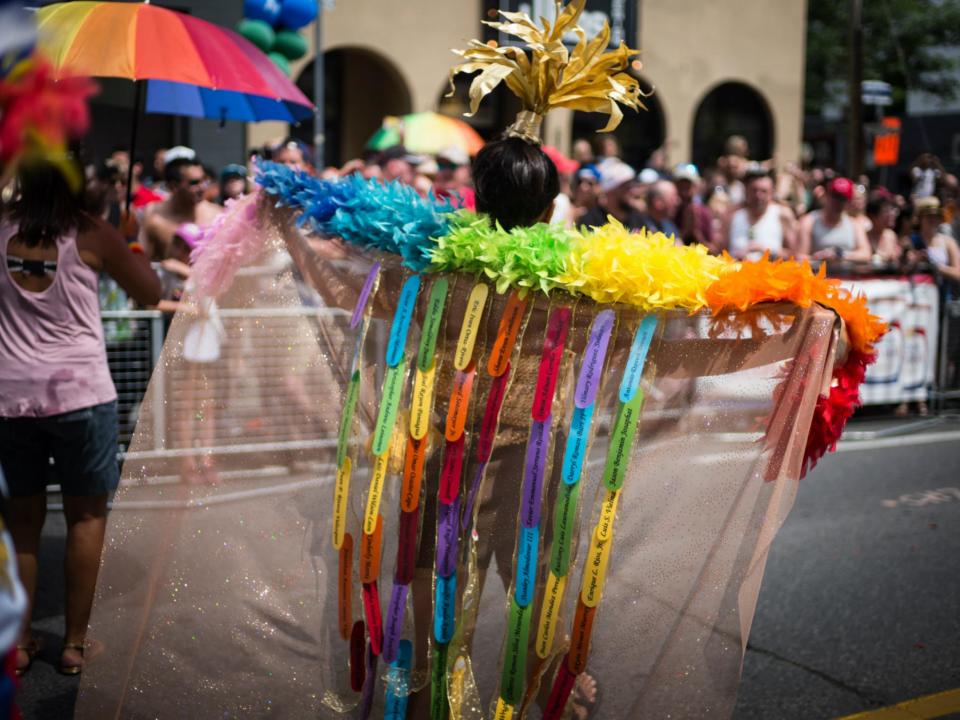Canada to apologise for 'LGBT purge' of military during Cold War

Canada is set to apologise for the "LGBT purge" when actions were taken against thousands of soldiers and public servants due to their sexual orientation and gender during the Cold War.
The apology announcement comes after a recently filed $757 million (£594 million) class-action lawsuit filed by former military and public servants who were forced out of their jobs because of their sexuality.
A lawyer on the case, Douglas Elliott said that up to 10,000 Canadians could join in on the lawsuit.
Several were dismissed, fired, demoted, or not promoted from the 1950s up until the late 1980s because the government considered them a threat to national security. They were considered vulnerable to blackmail by Soviet operatives.
Others were given a choice to undergo psychiatric treatment as an alternative to dismissal, which involved crude machines that acted as "lie detectors".
Prime Minister Justin Trudeau also said those discriminated against will have their records expunged, which may allow many to collect benefits associated with their service.
The Canadian Human Rights Act was not amended to included sexual orientation until 1996, nearly four years after former army officer Michelle Douglas helped bring an end to discriminatory policies because she was dismissed for being a lesbian.
Randy Boissonnault, Mr Trudeau’s special adviser on LGBTQ issues, is "leading public consultations with a view to ensuring the apology is comprehensive and satisfying," according to Pink News.
The formal apology is expected to be issued this fall and compensation is also being considered. Canada would join the UK, Australia, and Germany in apologising for past atrocities against LGBTQ public servants and military members.

 Yahoo Finance
Yahoo Finance 